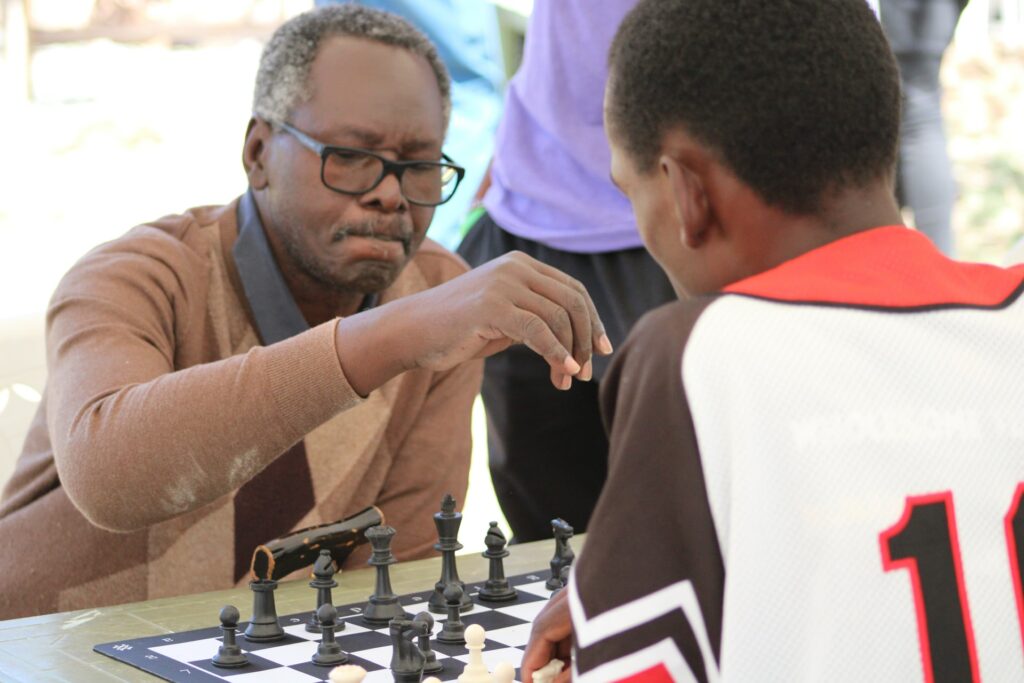Every game and sport we practice, almost every activity, has some benefits that relate to our health, mental state or otherwise, well-being. Whether a mental activity or a physical one, often both, recreational activities and hobbies tend to make us feel better.
Chess is a board game, but one that will engage our minds in a way that other games do not. It also has quite the physical toll on the body, particularly if the games are long and last a while. Chess has many health benefits for us, so here are some of them, to help convince you to play more chess.
Chess Is Helpful With Perspective Change

Chess always puts you in the shoes of the other player. You have to know or rather, guess what moves they will do next, in order to have any idea of what you should play. It is a very dynamic game that is based on the moves that you make and the moves that your opponent might make.
You always have to take into account the next couple or several moves that your opponent can make.
Learning to view things from another person’s perspective is one of the key skills of playing chess, that doesn’t come without lots of training. This is a skill that people often find other ways of using later in life.
Chess Improves Memory
Memory is one of the key skills that is used when playing chess. For example, all the various moves that you can make have to be memorized, openings and strategies alike. You also have to memorize the moves that your opponent made, or rather, the moves that they could make.
Chess is a game of patience and recalling patterns and moves is one of the best ways to beat an opponent. While it is next to impossible for a chess match to repeat itself, you could memorize certain patterns and make it easier for yourself if you spot an opening of some sort.
Chess players are typically better at memorizing both auditory and visual things.
Creativity and Planning

While the two don’t usually go hand in hand, both are the benefits you get from chess.
Chess players have been shown to be more creative in solving problems than people who don’t play chess.
Likewise, given the trajectory of a typical chess game, every chess player has to be good at planning. With some practice, they could transfer those chess skills into real life planning skills, which could be helpful in all occasions.
Chess has many health benefits, from preventing dementia, increasing our memory, bettering our planning skills to showing us a different perspective on things. Play chess if you want any of these benefits, or just for the pleasure of it.
